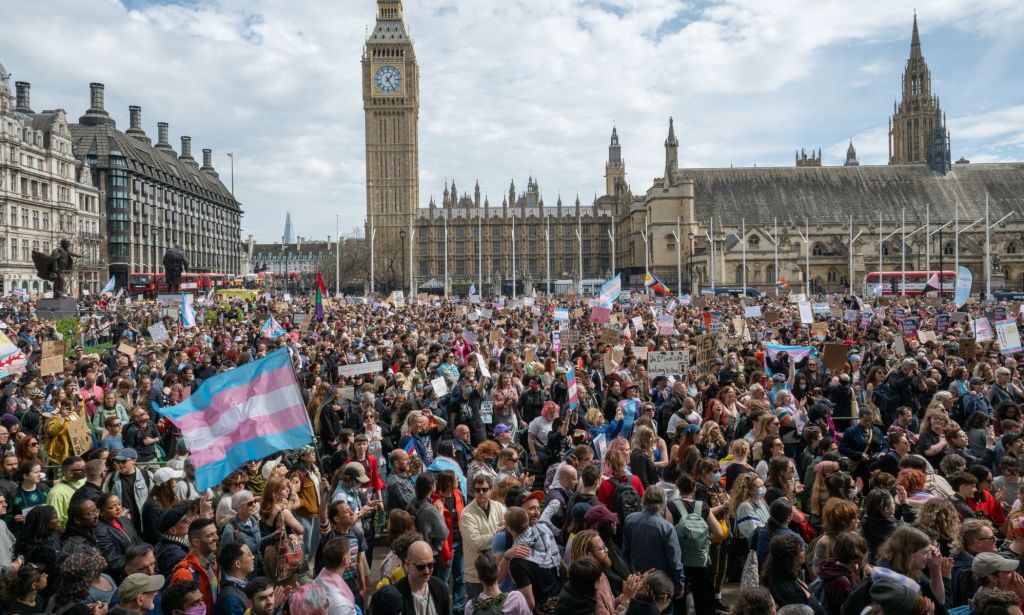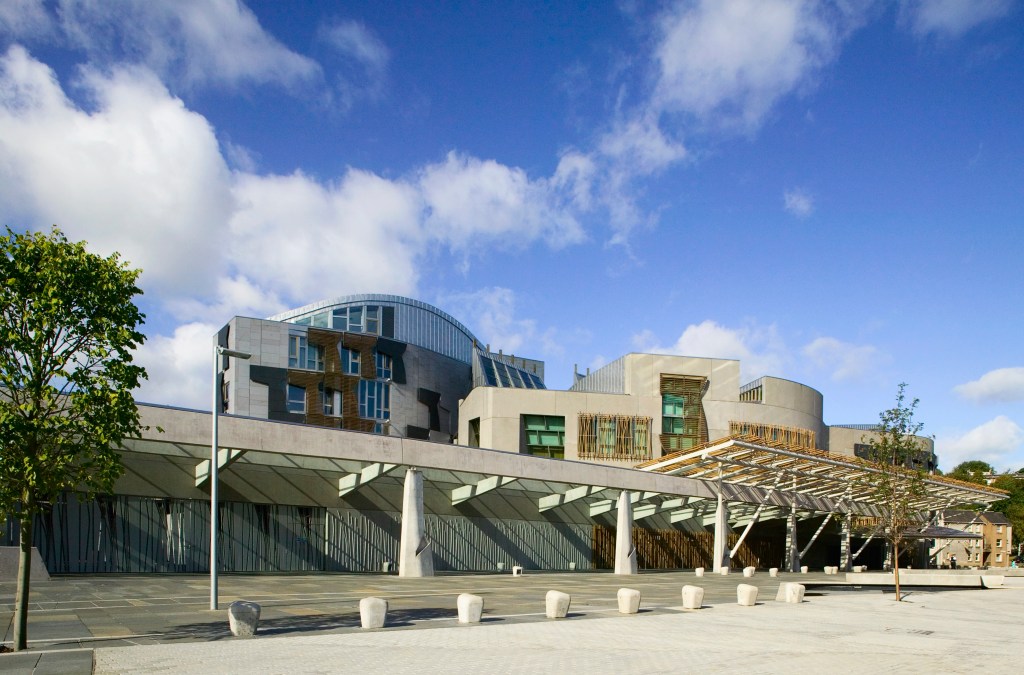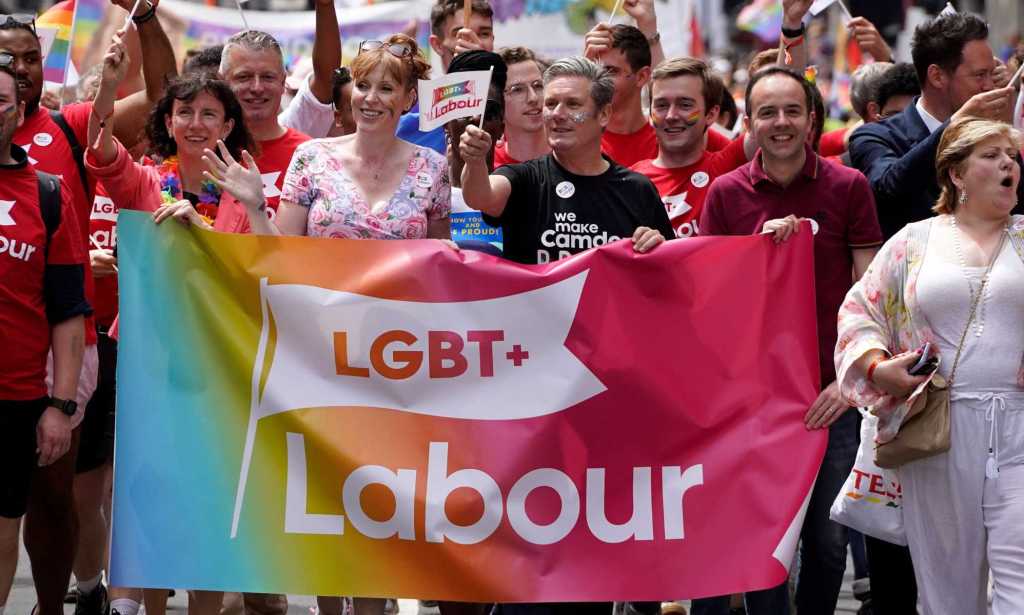Trump administration deported a gay man to a country where he was raped
A federal judge has ordered the Trump administration to return to the U.S. a gay asylum-seeker it wrongfully deported.
In his Friday, May 23, ruling, U.S. District Court Judge Brian Murphy, who was appointed by former President Joe Biden, noted that the man, identified only by the initials O.C.G., has no known criminal history and was the victim of multiple violent anti-LGBTQ+ attacks in his home country of Guatemala prior to seeking asylum in the U.S. last year. As the Guardian reported, a U.S. immigration judge ruled earlier this year that O.C.G. would likely face persecution and torture if sent back to his home country and granted a withholding of removal protecting him from deportation to Guatemala. But two days later, with no warning, the Trump administration loaded O.C.G. onto a bus to Mexico, a country where he said he has also experienced violence.
Murphy noted that during previous immigration proceedings O.C.G. had expressed fear of being sent to Mexico, presenting evidence that in April 2024, while traveling through the country to reach the U.S., he was raped and held for ransom there.
“The immigration judge told O.C.G.—consistent with this Court’s understanding of the law—that he could not be removed to a country other than his native Guatemala, at least not without some additional steps in the process. Those necessary steps, and O.C.G.’s pleas for help, were ignored,” Murphy wrote.
Given the choice to remain in Mexico or return to Guatemala, O.C.G. chose to return to his home country.
As Advocate reported, in a declaration submitted to the court last week, O.C.G. said that for over two months he has been essentially living in hiding in Guatemala, largely staying indoors and relying on family to bring him groceries and other necessities for fear of being recognized by those who had previously attacked him.
“I feel fear and the danger anytime I go out. For me, it’s not easy. The people who targeted me before know who I am and they have shown me twice before what they’re capable of. I don’t want to get attacked a third time,” he wrote, adding that a normal life is impossible for him in Guatemala. “I can’t be gay here, which means I cannot be myself. I cannot express myself and I am not free.”
Murphy described the circumstances around O.C.G.’s deportation “troubling,” noting that the Department of Homeland Security (DHS) had twice provided the court with “false information” in the case.
“Defendants had submitted a declaration, made under oath, that O.C.G., prior to removal, affirmatively stated that he had no fear of being sent to Mexico,” Murphy wrote.
But hours before a May 16 deposition, DHS admitted that they could not find a witness to support that claim, acknowledging an “error” in their previous court filings.
Murphy determined that “O.C.G. is likely to succeed in showing that his due-process rights were violated.”
“At no point in this litigation have Defendants put forth an account of O.C.G.’s removal that would comport with what this Court has found due process requires,” the judge wrote.
Murphy ordered DHS to take immediate steps to “facilitate” O.C.G.’s return to the U.S., noting that in this case, the term “should carry less baggage than in several other notable cases.”
Murphy was likely referring to Kilmar Ábrego García, a legal permanent resident of Maryland who was among hundreds of men the Trump administration deported to El Salvador in March, accusing them with little evidence and without due process of being members of a Venezuelan gang. Like O.C.G., Ábrego García had no criminal history and had been granted protection by a U.S. immigration judge from deportation to El Salvador. The Supreme Court has ordered the Trump administration to “facilitate” Ábrego García’s return to the U.S. But the administration has refused to do so, arguing that it is not within its power now that he is incarcerated in another country.
Unlike Ábrego García, Murphy noted, “O.C.G. is not held by any foreign government. Defendants have declined to make any argument that facilitating his return would be costly, burdensome, or otherwise impede the government’s objectives.”
Murphy ordered DHS to provide a status report on O.C.G.’s return within five days of his May 23 decision. He also ordered DHS to turn over discovery, including depositions of the individuals involved in the false declaration that O.C.G. did not fear removal to Mexico.
O.C.G. is at least the second gay asylum seeker that the Trump administration has wrongfully deported this year. Andry José Hernandez Romero, a Venezuelan makeup artist who came to the U.S. seeking protection from anti-gay persecution in his home country, was one of the men sent to El Salvador in March. In April, Romero’s lawyer expressed “grave concerns” about his likelihood of survival in CECOT, the notorious Salvadoran mega-prison in which he is being held.




